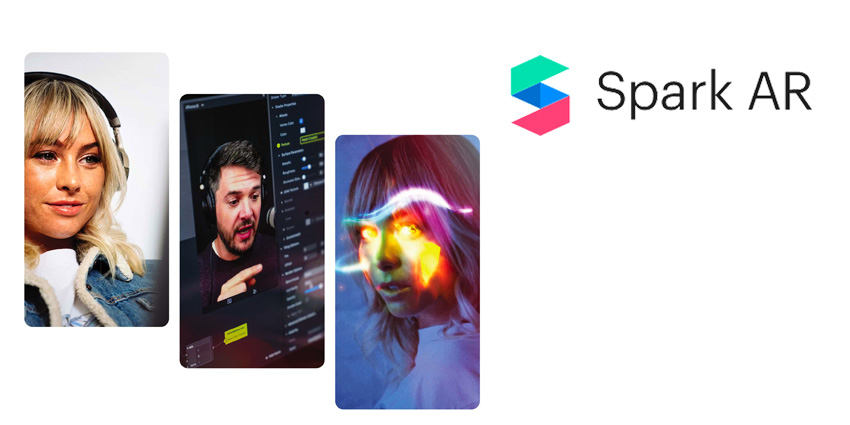Companies like Google, Apple, and Facebook are all striving to attract the attention of as many creators and developers as possible in today’s AR environment. Recently, Facebook decided to accelerate its bid for the top spot among AR communities, with a new learning approach to support the learning process for the Spark AR platform.
The Spark AR team launched a new series of online learning courses recently aimed to support novices who want to jump into the world of AR development. The solution, available within the Facebook Blueprint training platform, introduces the “Spark AR Foundations” course as the first in the Spark AR Curriculum. The foundational course aims to give beginners the information required to understand development opportunities.
A 3-Part Journey into AR
According to the Spark AR team, the course comes with three parts in total, starting with an introduction to Augmented Reality. This easy-to-follow learning experience will cover the basic components of AR design, and which segments currently exist in the field. Lessons will look at how AR technology is applied to various use cases.
The second course covers the art of creating augmented reality experiences with the Spark AR studio, and it will guide customers through the process of working with software to build new AR experiences. With Manage AR Effects, the last course, users will learn how to publish complete projects to Instagram and Facebook, then track their engagement levels.
The Spark AR team went on to say that as the company digs into a new year of possibilities for AR, one area they want to build on is their educational and training resources. These solutions aim to help AR creators at any level to develop their skills and advance their careers. To assist with this strategy, Facebook has recruited various Spark AR creators, to serve as mentors for these courses.
The courses are free to attend, but you do need to sign in with your Facebook account.
Expanding the AR Community
Google and Apple have made similar introductions recently to the AR developer environment, with ARCore and ARKit. These tools enable developers to build AR experiences into mobile apps. The Facebook Spark AR and Snap Lens studio are both supposed to be simple tools with no need for excessive coding knowledge, making AR more accessible for everyone.
Facebook’s approach to delivering a comprehensive AR education hopes to improve accessibility even further with more platform guidance and support. Elsewhere, Snap has begun to pay influencers for viral content via the Showcase program, which provides an avenue for drawing income with the creation of content through innovative AR effects. Clearly, the companies see these efforts as worthwhile investments for creators crafting content that brings users together.
As the world of mobile AR continues to unfold, there are sure to be plenty of new ways for developers to enter and explore the market.







